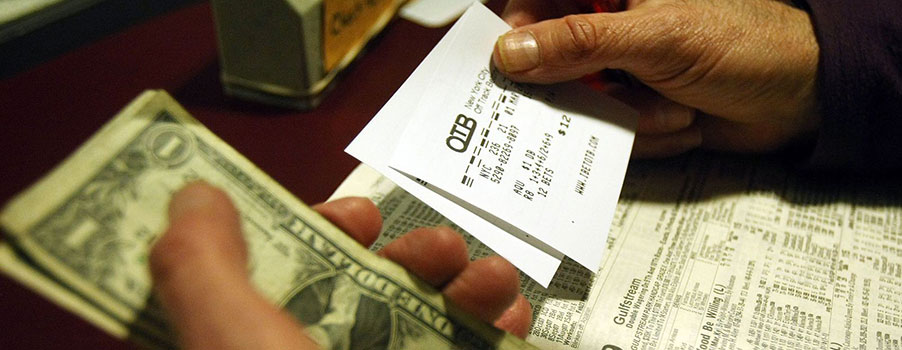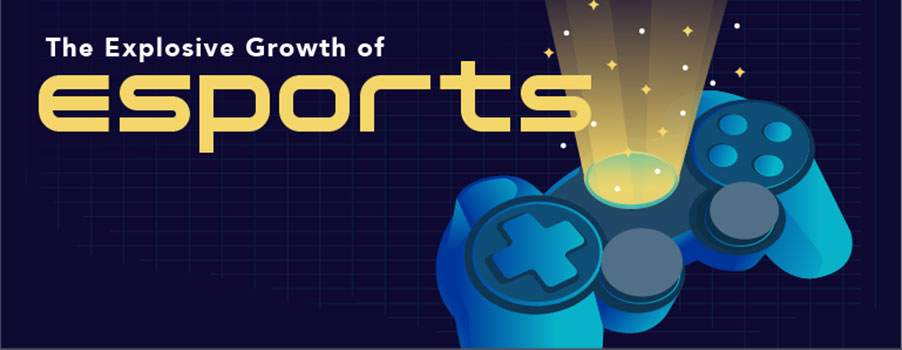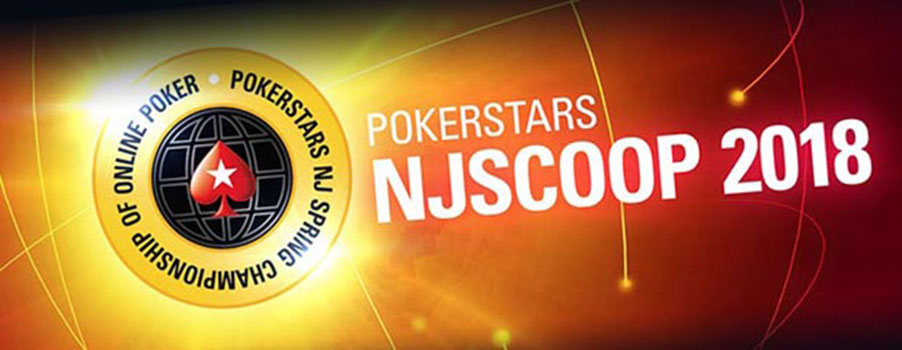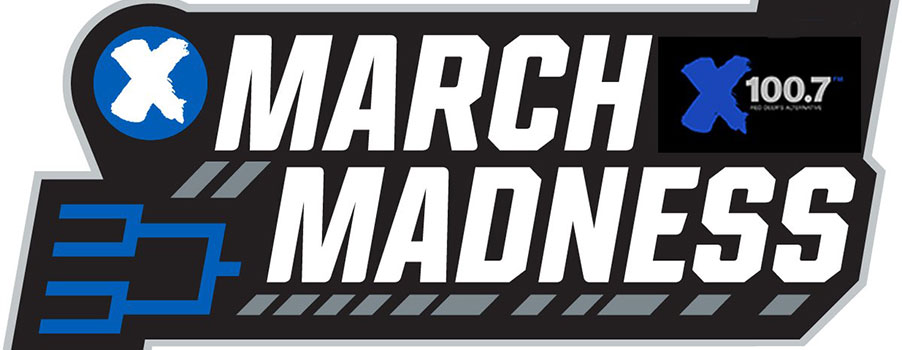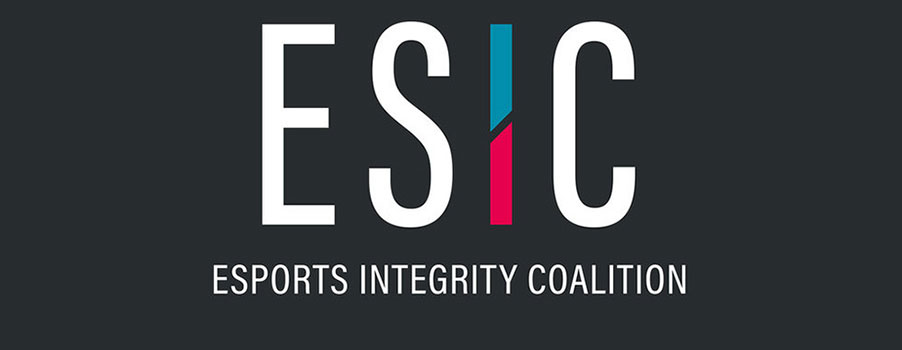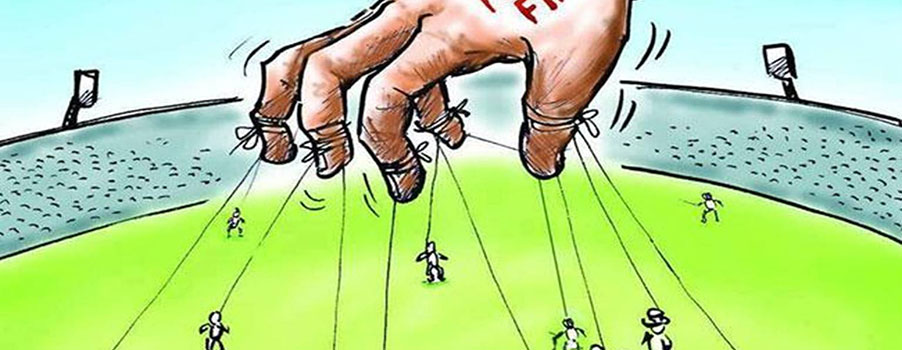A recent legislation proposed by New York Senator John Bonacic seeks to regulate the state’s sports-betting industry in order to protect its casinos. The Republican senator has been a significant figure as far as New York’s gaming industry is concerned – he has earned a reputation for having a rather hardline stance on gaming regulations. This proposed legislation now puts him in somewhat of an advantageous position to push for demands pertaining to the sports betting industry in general.
However, New York is not the first state to introduce such a bill. A number of states have already put forward similar legislative bills and are now waiting for their implementation once the Professional and Amateur Sports Protection Act (PASPA) is overturned.
If, or when, PASPA is overturned, Bonacic’s bill will come into immediate effect and this will mean that there will be tremendous changes to the way casinos dispense their profits. According to the senator, if each and every casino was to be legally authorized to offer sports betting, then the proposed bill will impose a lawful obligation on the casinos requiring them to hand over a percentage of their profits to the state. The proposed figure currently stands at about 8.5 percent of the casino’s total gross revenue.
In addition to this, suppose the bill is passed and PASPA is abolished, New York will be looking at a new revenue stream with figures ranging from $10 million to $30 million. These figures are huge enough to convince the New York state legislators to vote in favor of such a legislation.
Bringing New York Up to Speed
Bonacic and some other state finance committee members have raised concerns regarding the static nature of the New York’s bid to get other states to buy into the idea of imposing stricter sports betting legislation. It is not news that the state of New York has often lagged behind when it comes to keeping up with essential matters in the gaming world. This is usually due to lack of action and Bonacic and his counterparts find this to be very frustrating.
He believes that if such a legislation is to be pursued by New York’s legislature, the state will be able to adequately keep up with all the other states that are pursuing similar sports betting regulations with renewed vigour.

